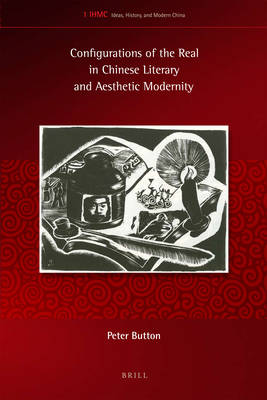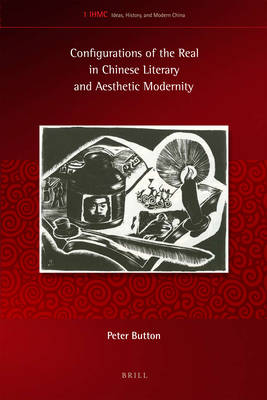
- Afhalen na 1 uur in een winkel met voorraad
- Gratis thuislevering in België vanaf € 30
- Ruim aanbod met 7 miljoen producten
- Afhalen na 1 uur in een winkel met voorraad
- Gratis thuislevering in België vanaf € 30
- Ruim aanbod met 7 miljoen producten
Zoeken
Configurations of the Real in Chinese Literary and Aesthetic Modernity
Peter Button
€ 283,95
+ 567 punten
Omschrijving
The emergence of the Chinese socialist realist novel can best be understood in light of the half-century long formation of the modern concept of literature in China. Globalized in the wake of modern capitalism, literary modernity configures the literary text in a relationship to both modern philosophy and literary theory. This book traces China's unique, complex, and creative articulation of literary modernity beginning with Lu Xun's "The True Story of Ah Q." Cai Yi's aesthetic theory of the type (dianxing) and the image (xingxiang) is then explored in relation to global currents in literary thought and philosophy, making possible a fundamental rethinking of Chinese socialist realist novels like Yang Mo's Song of Youth and Luo Guangbin and Yan Yiyan's Red Crag.
Specificaties
Betrokkenen
- Auteur(s):
- Uitgeverij:
Inhoud
- Aantal bladzijden:
- 316
- Taal:
- Engels
- Reeks:
- Reeksnummer:
- nr. 1
Eigenschappen
- Productcode (EAN):
- 9789004170957
- Verschijningsdatum:
- 25/03/2009
- Uitvoering:
- Hardcover
- Formaat:
- Genaaid
- Afmetingen:
- 167 mm x 244 mm
- Gewicht:
- 684 g

Alleen bij Standaard Boekhandel
+ 567 punten op je klantenkaart van Standaard Boekhandel
Beoordelingen
We publiceren alleen reviews die voldoen aan de voorwaarden voor reviews. Bekijk onze voorwaarden voor reviews.








